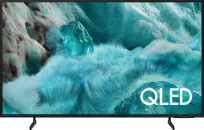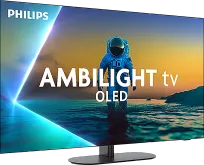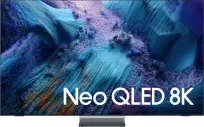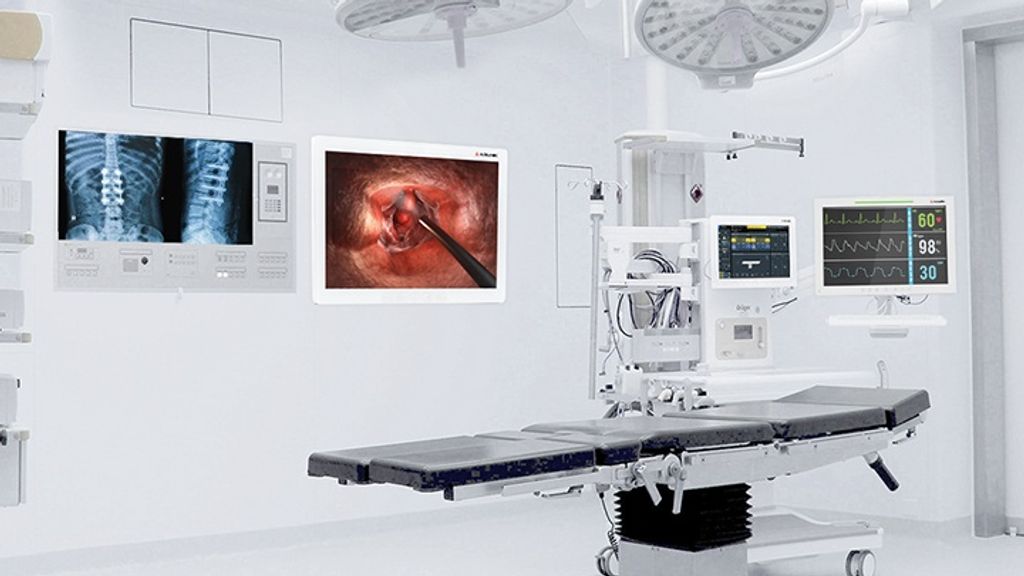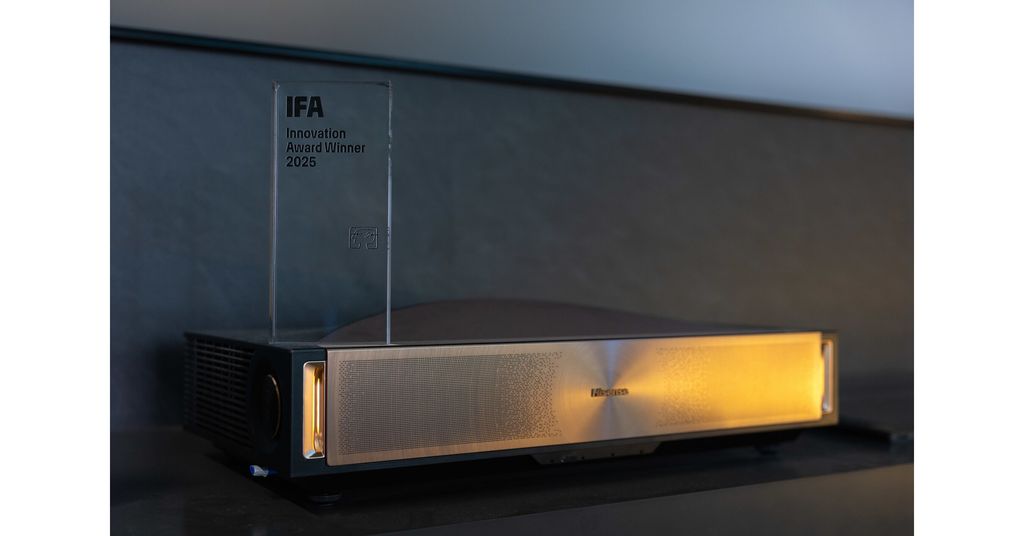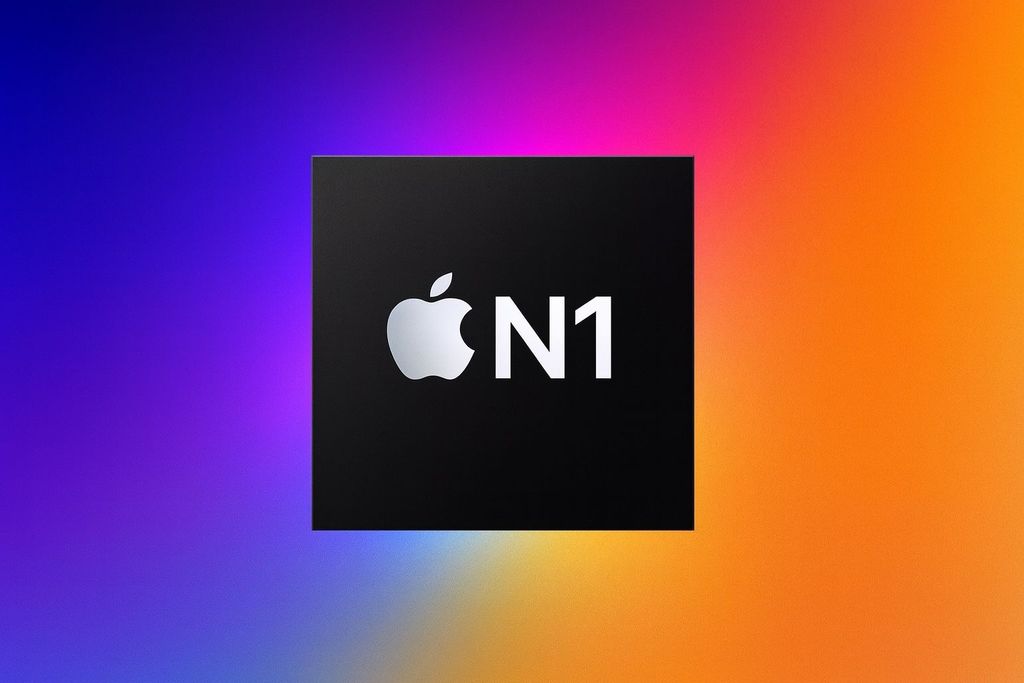
Apple is taking another step towards full independence from external suppliers. After processors, GPUs, display drivers, and modems, it's now time for the N1 network chip. This chip supports Wi-Fi 7, Bluetooth 6, and Thread, while also paving the way for a completely new audio standard that could replace Bluetooth in the future.
N1 – a new era of connectivity in the iPhone
Until now, Apple has used Broadcom chips in the iPhone, iPad, and Apple TV. Now, in the iPhone 17, the first fully proprietary wireless chip debuts. Apple emphasizes that Personal Hotspot and AirDrop work faster and more reliably on it, and this is just the beginning.
This is another move towards total control over hardware – similar to what happened earlier with Qualcomm modems, which are already being replaced by Apple's own solutions.
SPR AVS – an alternative to Bluetooth
What’s most interesting is what Apple is quietly implementing. The new protocol Spatial Relay Audio-Visual Sync (SPR AVS) is set to replace Bluetooth LE Audio in the future and compete with Qualcomm's solutions.
We’re talking about lossless audio, no delays, and tremendous bandwidth – something that changes the way the iPhone, AirPods, Vision Pro, and HomePod communicate with each other. Apple calls this the foundation for its spatial computing strategy, and it’s hard to disagree.
Apple TV will also get N1
Bloomberg reports that the N1 chip will soon be found not only in iPhones but also in Apple TV, HomePods, iPads, and Macs. The new TV box is reportedly set to appear by the end of 2025.
In practice, this could mean better audio connections between AirPods, HomePods, and AirPlay devices, creating an even more cohesive ecosystem. If this proves true, Bluetooth in the Apple world will gradually start to become a thing of the past.
Function | SPR AVS (Apple) | Bluetooth LE Audio | Snapdragon Sound (Qualcomm) |
|---|---|---|---|
Delay | <10 ms (real-time synchronization between devices) | ~20–30 ms (LC3 codec) | ~20 ms (aptX Adaptive) |
Audio Quality | True lossless (proprietary Apple) | LC3 codec: efficient but lossy | aptX Lossless: up to 24-bit/96 kHz |
Bandwidth Efficiency | Dynamic allocation based on context | Optimized for low power consumption and shared streams | Variable bitrate (279–860 kbps) |
Multi-device Synchronization | Native synchronization between iPhone, AirPods, Vision Pro | Limited; supports audio sharing | Limited to Qualcomm certified devices |
Sensor Integration | Real-time data fusion from sensors (motion, biometrics) | No support | No support |
Privacy and Security | Peer-to-peer relay with encryption | Standard Bluetooth encryption | Standard Bluetooth encryption |
Platform Compatibility | Apple-only (iOS 26+) | Multi-platform (Android, some iOS) | Android only |
Applications | Spatial audio, real-time translation, AR/VR | Audio sharing, hearing aids, power-efficient earbuds | Hi-res music, gaming, voice calls |
 Katarzyna Petru
Katarzyna Petru



